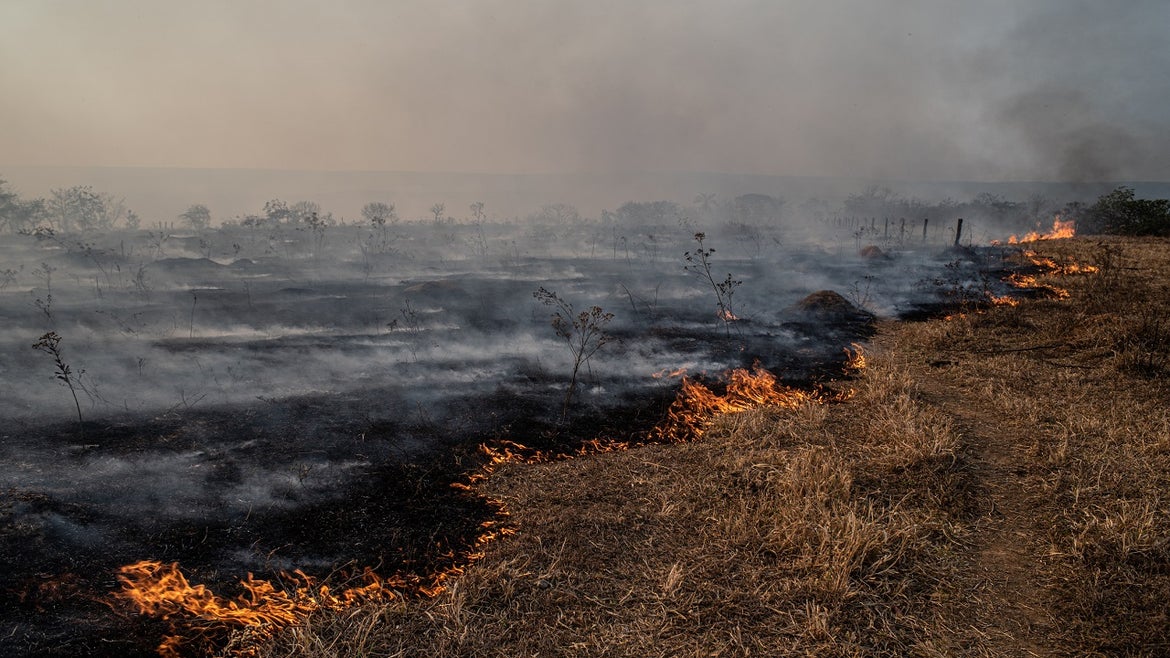Two studies commissioned by the medical journal Lancet say climate change is causing ever-worsening health problems.
Climate change is causing skyrocketing numbers of deaths, health problems and creating ideal conditions for spreading infectious diseases, according to two new studies commissioned by the medical journal Lancet.
The annual reports tracked 44 global health indicators connected to climate change, including infectious diseases, deaths from heat exposure and hunger. The results were troubling.
“Climate change is first and foremost a health crisis,” said Dr. Renee Salas, an attending physician and assistant professor of emergency medicine at Harvard Medical School, who helped write one of the reports.
One survey looked at global statistics. The other examined health conditions in the U.S. The health indicators in both were determined to be "code red," the reports said.
“Code Red is not even a hot enough color for this report, ” said Stanford University tropical medicine professor Dr. Michele Barry, The Associated Press reported. Compared to last year's survey, “this one is the sobering realization that we’re going completely in the wrong direction,” Barry said.
The reports came less than two weeks before the scheduled start of the United Nations' 26th Annual Climate Change Conference in Glascow, Scotland.
“Global leaders will have an opportunity at COP26 — perhaps the last opportunity — to really move things and tackle the climate and health crisis,” said Anthony Costello, a former director of the World Health Organization and a co-chair of one of the Lancet surveys. “All countries must commit to much more ambitious climate plans that incorporate health, equity, and societal support.”
Vulnerable populations, cited as the very young and older people, were exposed to dangerous heat levels last year, the reports said. For those over age 65, researchers said there are 3 billion more exposures to extreme temperatures than the average from 1986 to 2005.
In the U.S., heat waves, wildfires and drought wrought the most severe problems. Dr. Jeremy Hess, an environmental health professor at the University of Washington, said he saw the impacts while working at Seattle emergency rooms.
“I saw paramedics who had burns on their knees from kneeling down to care for patients with heat stroke,” he said. “”And I saw far too many patients die” from exposure to high temperatures.
The global survey said 65 of the 84 countries that were included help fund the burning of fossil fuels. Doing so is tantamount to "caring for the desperately ill patient while somebody is handing them lit cigarettes and junk food,” said Dr. Richard Jackson, a UCLA public health professor who wasn’t part of the study, The AP reported.






